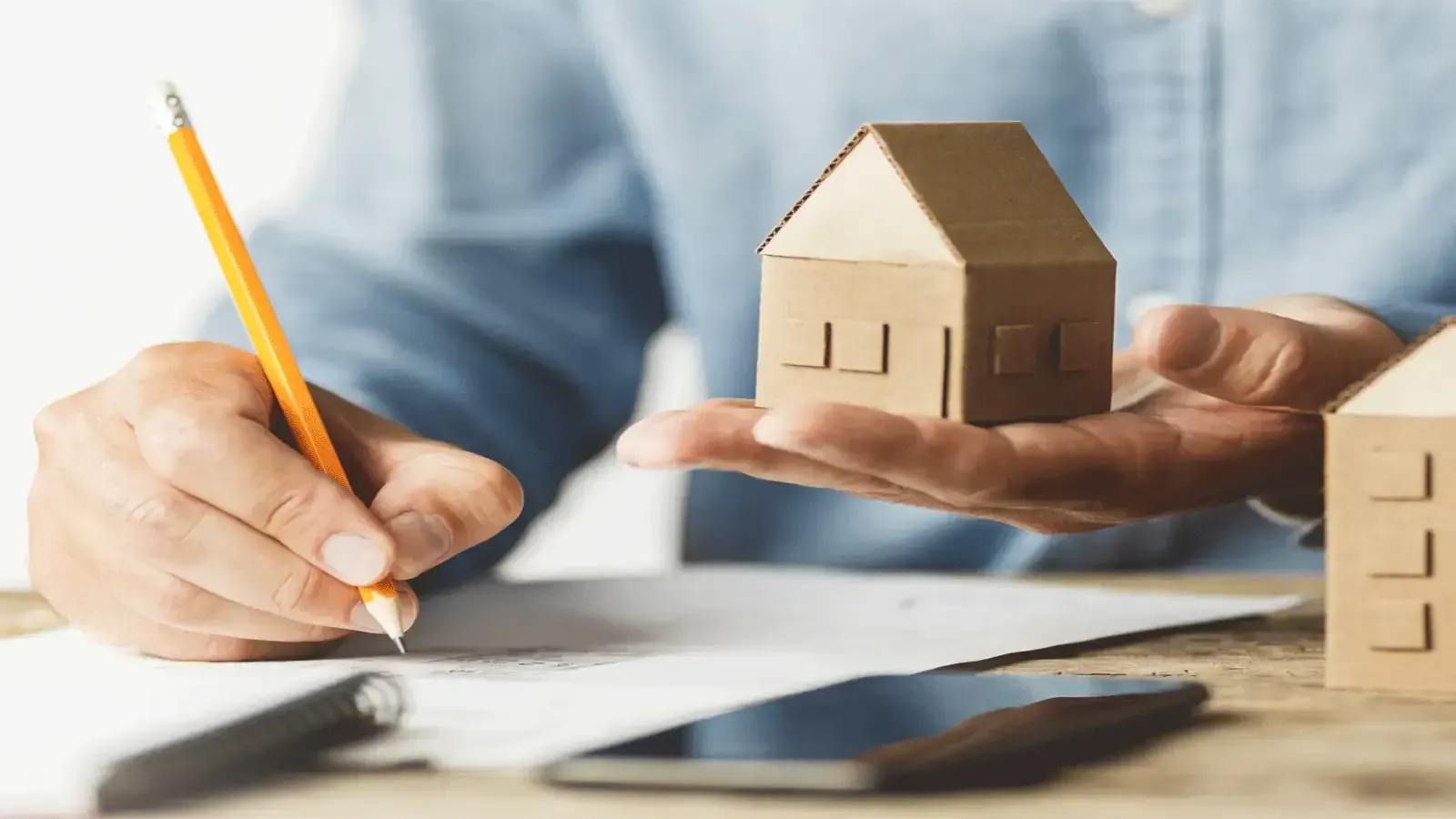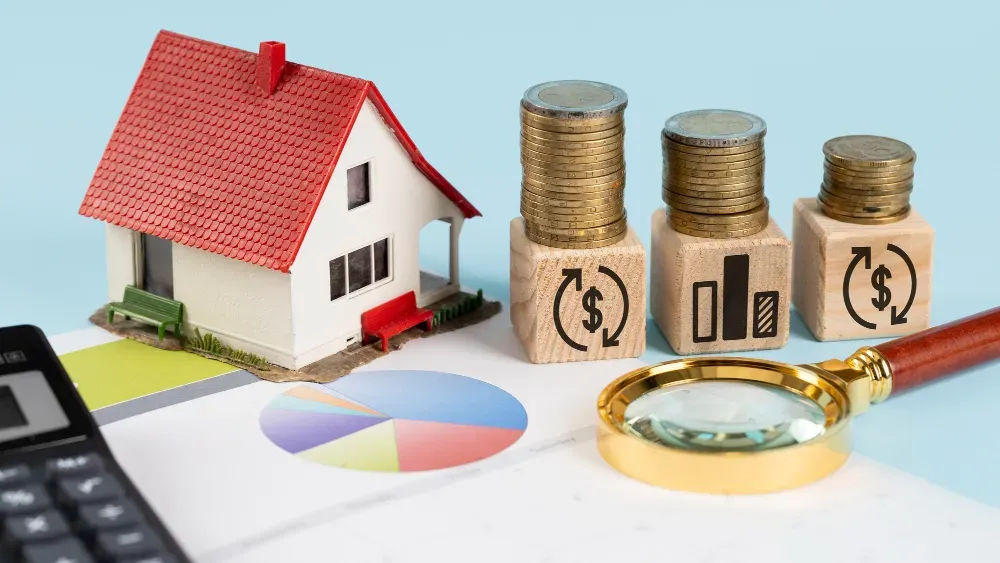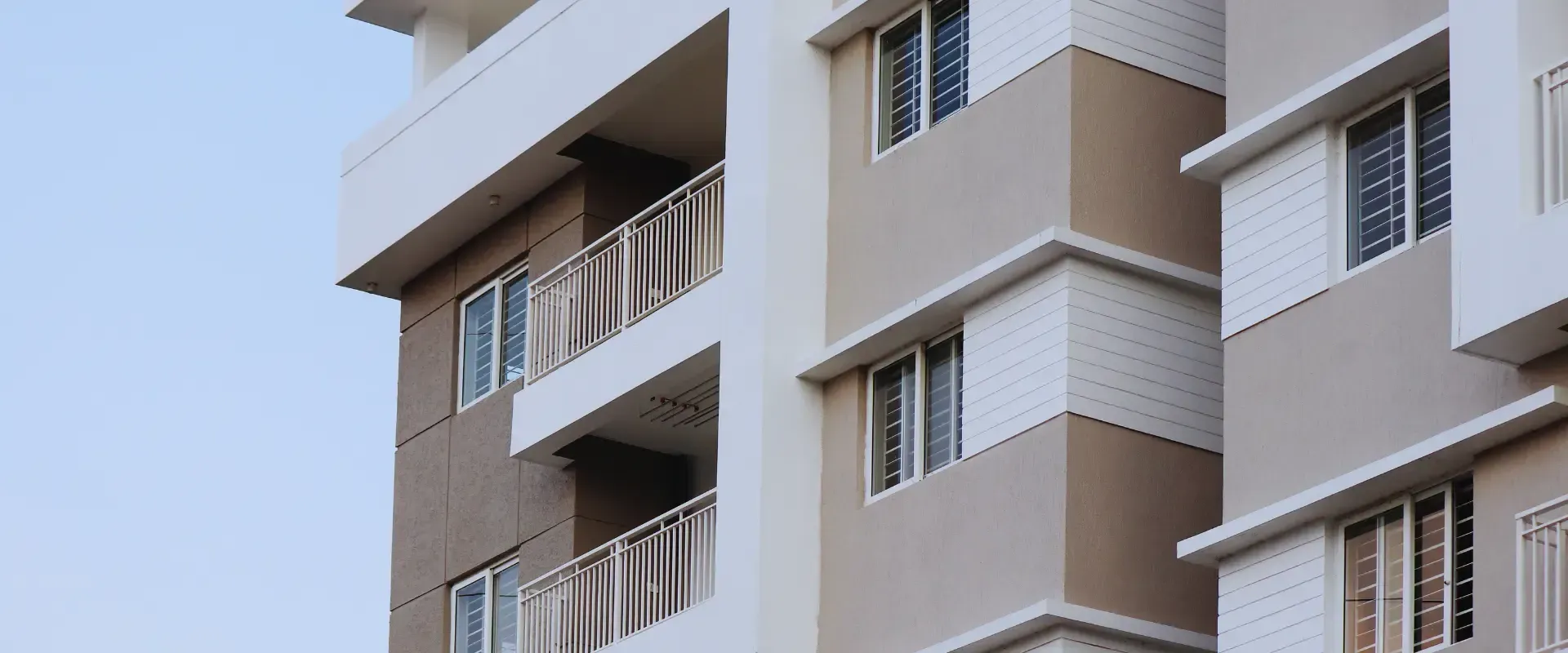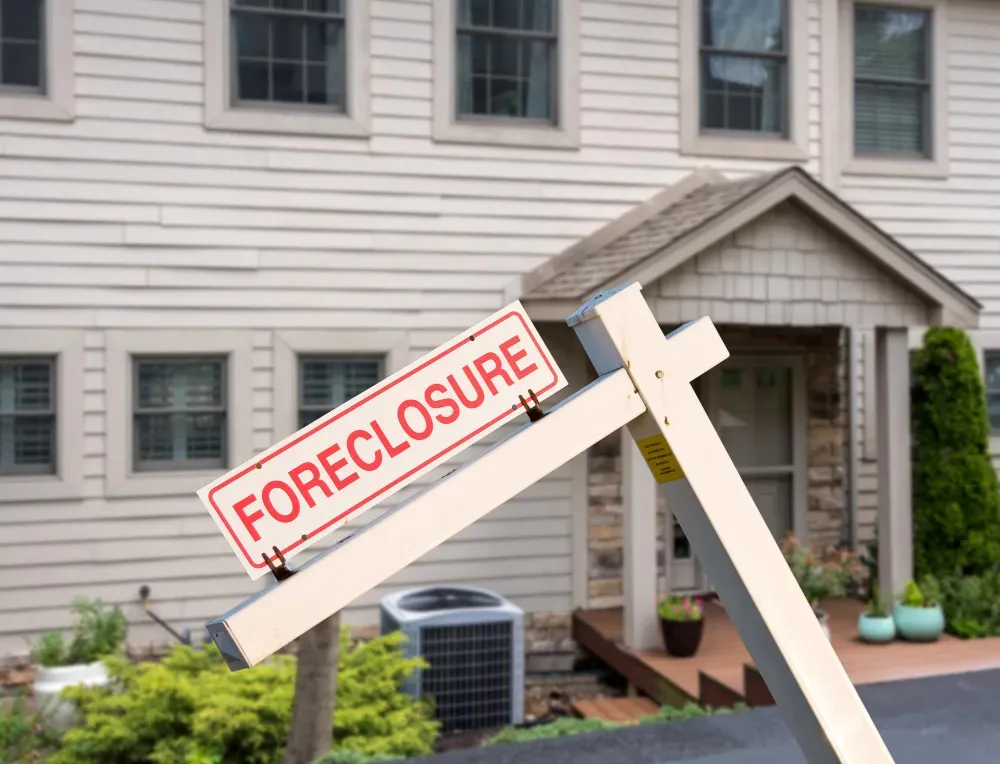Essential Property Maintenance Tasks Every Landlord Must Handle
Las Vegas Sell House Fast Cash LFL is a real estate solutions company based in Las Vegas, NV, specializing in purchasing properties quickly and efficiently. They provide homeowners with a hassle-free way to sell their properties for cash, eliminating the need for repairs, realtor fees, or lengthy closing processes. Their team ensures a smooth transaction, closing deals in as little as seven days.
Top Three Services:
- Residential Property Sales – They buy single-family homes, townhouses, and condos in any condition, offering fair cash offers and fast closings.
- Apartment Sales – Owners of apartment buildings and multi-family units can sell quickly without the complications of traditional real estate transactions.
- Mobile Home Sales – They purchase mobile homes in any condition, ensuring sellers receive competitive cash offers with a simple, stress-free process.
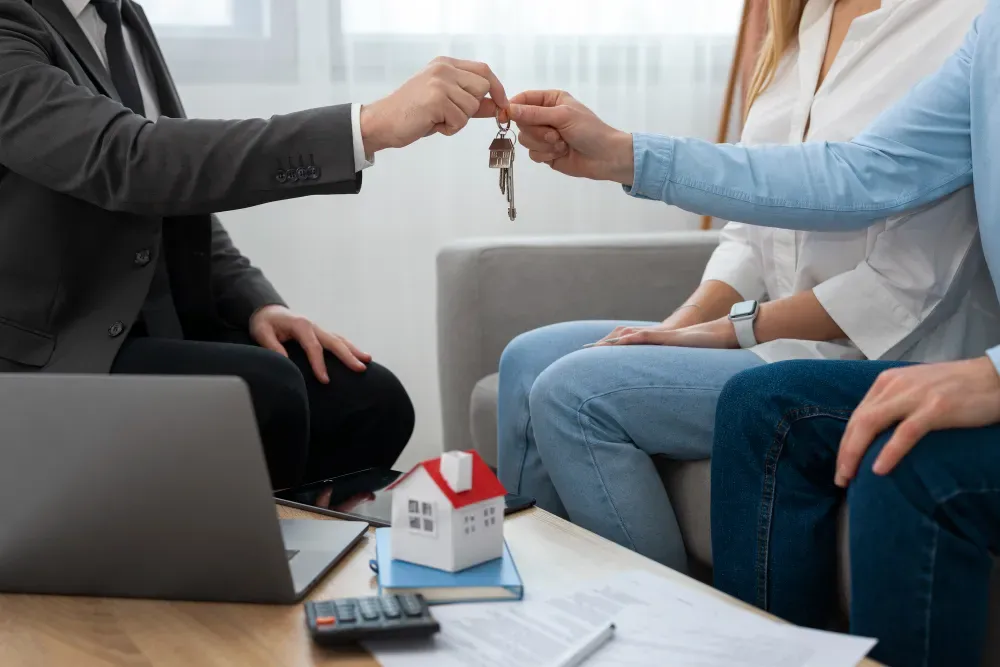
As a landlord, keeping your rental property in top shape isn't just about protecting your investment – it's about ensuring tenant satisfaction, preventing costly emergency repairs, and meeting your legal obligations. Whether you're new to property management or looking to improve your maintenance strategy, this guide covers all the essential tasks you need to handle to keep your properties running smoothly.
Understanding Your Maintenance Responsibilities as a Landlord
Being a landlord comes with specific maintenance duties you can't ignore. Knowing what you must do versus what's simply nice to do can save you time, money, and legal headaches.
Legal Obligations vs. Best Practices
All landlords must provide a habitable living space for tenants. This isn't optional – it's the law. At minimum, you must ensure:
- Working plumbing and electricity
- Functional heating systems
- Weather-tight windows and doors
- Proper ventilation
- Pest-free living conditions
- Working smoke detectors
- Secure locks and entry points
Failing to meet these basic standards could lead to lawsuits, rent withholding, or repair-and-deduct actions from tenants. Beyond these requirements, smart landlords go further with best practices like:
- Regular property inspections
- Preventive maintenance schedules
- Prompt response to all maintenance requests
- Upgrading dated fixtures and systems before they fail
Remember, the small costs of regular maintenance are nothing compared to emergency repairs or liability issues from neglected properties.
Building a Maintenance Schedule That Works
The key to successful property management is staying ahead of problems. Create a maintenance calendar that includes:
- Daily/weekly tasks (like lawn care during growing season)
- Monthly checks (testing smoke detectors, checking for leaks)
- Seasonal maintenance (gutter cleaning, HVAC servicing)
- Annual inspections (roof, foundation, major systems)
A digital calendar with reminders works great for this purpose. Many property management apps also include maintenance scheduling features. The goal is to catch small issues before they become expensive emergencies.
Seasonal Maintenance Tasks for Rental Properties
Each season brings different maintenance challenges. Breaking down your tasks by season makes property care more manageable.
Spring Maintenance Checklist
Spring is the perfect time to repair winter damage and prepare for warmer months:
- Inspect the roof for winter damage
- Clean gutters and downspouts
- Check for foundation cracks or water damage
- Test outdoor faucets and irrigation systems
- Service air conditioning units
- Trim trees and shrubs away from the house
- Refresh mulch and landscaping
- Touch up exterior paint as needed
- Check window screens for tears
Tackling these tasks in spring prevents bigger problems during summer heat and storms.
Summer Property Care Essentials
Summer maintenance focuses on outdoor areas and cooling systems:
- Monitor and maintain lawn care
- Inspect decks and patios for safety
- Check for pest infestations
- Ensure air conditioning runs efficiently
- Clean dryer vents
- Check for water leaks during heavy rains
- Inspect exterior for paint issues or wood rot
- Test irrigation systems for proper operation
Summer is also a good time to handle any exterior painting or major outdoor projects while weather permits.
Fall Preparation Tasks
Fall maintenance is all about preparing for winter:
- Clean gutters after leaves fall
- Inspect and clean the chimney if applicable
- Check heating systems and replace filters
- Bleed radiators in older buildings
- Drain and shut off outdoor water sources
- Seal any cracks around windows and doors
- Inspect attic insulation
- Check roof for damaged shingles
- Trim tree branches that could fall in winter storms
These steps help prevent frozen pipes, heating failures, and other winter emergencies.
Winter Weather-Proofing Strategies
Winter maintenance focuses on preventing weather-related damage:
- Ensure adequate snow removal plans
- Check for ice dams on roofs
- Monitor heating systems
- Protect pipes from freezing
- Check for drafts and seal entry points
- Keep walkways clear and safe
- Watch for signs of roof leaks during thaws
- Ensure carbon monoxide detectors work properly
Quick response during winter is crucial – a frozen pipe can quickly become a flooded property if not addressed promptly.
Critical Safety and Security Maintenance
Nothing matters more than keeping your tenants safe. Regular safety maintenance isn't just ethical – it's legally required.
Fire Safety Systems and Inspections
Fire prevention should top your maintenance priorities:
- Test smoke detectors monthly
- Replace smoke detector batteries twice yearly
- Inspect fire extinguishers annually
- Ensure clear exit paths
- Check dryer vents for lint buildup
- Inspect electrical systems for hazards
- Test carbon monoxide detectors
- Ensure proper spacing of space heaters (if permitted)
Many localities have specific requirements for landlords regarding fire safety – check your local codes to ensure compliance.
Security Features Every Rental Should Have
Security maintenance prevents break-ins and keeps tenants safe:
- Inspect and maintain all door locks
- Ensure window locks work properly
- Check exterior lighting regularly
- Maintain security systems if installed
- Trim bushes near windows to eliminate hiding spots
- Secure sliding doors with proper locks
- Consider deadbolts on all exterior doors
- Check garage door operators for proper function
Security features not only protect tenants but can also lower your insurance premiums and make your property more attractive to quality renters.
Plumbing and Electrical System Maintenance
Plumbing and electrical problems can quickly turn into major emergencies. Preventive maintenance is especially important for these systems.
Preventing Costly Water Damage
Water damage can destroy property value faster than almost anything else:
- Check for leaking faucets and toilets
- Inspect water heaters for signs of corrosion
- Look for water stains on ceilings and walls
- Test sump pumps before rainy seasons
- Ensure proper drainage away from foundation
- Check washing machine hoses for bulges or leaks
- Consider installing water leak detectors
- Inspect bathroom caulking and grout
A small leak can cause thousands in damage if left unchecked, making regular inspections critical.
Electrical Safety Inspections
Electrical issues can cause fires and pose serious safety hazards:
- Look for overloaded outlets
- Check for frayed wires
- Test GFCI outlets in kitchens and bathrooms
- Inspect electrical panels for corrosion
- Ensure proper grounding of all outlets
- Check for warm switch plates (sign of problems)
- Address flickering lights promptly
- Consider periodic professional inspections
When it comes to electrical work, DIY isn't always wise – know when to call in licensed electricians.
HVAC and Appliance Upkeep
Heating, cooling, and appliance maintenance directly impacts tenant comfort and satisfaction.
Regular HVAC maintenance should include:
- Replace filters every 1-3 months
- Clean condenser and evaporator coils annually
- Check refrigerant levels
- Inspect ductwork for leaks
- Clean vents and registers
- Test thermostat function
- Lubricate moving parts
- Schedule professional tune-ups before heating and cooling seasons
For appliances, make sure to:
- Clean refrigerator coils
- Check washer hoses and dryer vents
- Inspect dishwasher for leaks
- Test all appliances during property inspections
- Keep manuals organized for reference
- Consider appliance service contracts for older units
Well-maintained systems last longer and use less energy, saving you money while keeping tenants happy.
Property Exterior and Landscaping Care
Curb appeal matters for property value and tenant satisfaction. Don't neglect these outdoor maintenance tasks:
- Regular lawn mowing and seasonal fertilizing
- Weeding flower beds and mulching
- Removing dead trees or dangerous limbs
- Maintaining walkways and driveways
- Cleaning exterior siding
- Checking for foundation issues
- Maintaining fences and gates
- Caring for irrigation systems
Be clear about landscaping responsibilities in your lease. Some landlords handle all exterior maintenance, while others require tenants to maintain yards. Whatever you decide, make sure it's spelled out clearly.
Working With Tenants on Maintenance Issues
A good tenant-landlord relationship makes maintenance easier for everyone.
Creating Clear Maintenance Request Procedures
Set up a system that works for both you and your tenants:
- Provide written instructions for maintenance requests
- Consider using an online portal or property management app
- Set clear expectations for response times
- Have emergency contact procedures
- Document all requests and resolutions
- Follow up after repairs to ensure satisfaction
- Keep records of all maintenance communications
The easier you make it for tenants to report small problems, the less likely those problems will grow into expensive emergencies.
Teaching Tenants Basic Property Care
Help tenants understand their role in property maintenance:
- Create a move-in packet with basic care instructions
- Show tenants where shutoff valves and circuit breakers are
- Explain how to use appliances properly
- Provide guidelines for preventing clogs and freezing pipes
- Clarify which maintenance tasks are their responsibility
- Offer seasonal reminders for things like changing air filters
- Consider providing basic tools like plungers and drain cleaners
Well-informed tenants can prevent many common maintenance issues and will appreciate your guidance.
When to DIY vs. Hire Professionals
Knowing when to tackle maintenance yourself and when to call in the pros can save time and money.
Tasks most landlords can handle:
- Changing air filters
- Basic landscaping
- Simple plumbing like unclogging drains
- Replacing doorknobs and locks
- Patching small holes in drywall
- Touching up paint
- Cleaning gutters on single-story homes
- Replacing toilet flappers and faucet washers
Tasks that usually require professionals:
- Electrical work beyond changing outlets/switches
- Roof repairs
- HVAC system repairs
- Major plumbing issues
- Pest control (especially termites)
- Foundation problems
- Tree removal
- Gas appliance installation
Remember that DIY isn't always cheaper – botched repairs often cost more to fix than hiring a pro from the start.
Building Your Maintenance Team and Vendor Network
Every successful landlord needs a reliable team of maintenance professionals.
Start building your network with:
- A general handyman for small repairs
- A licensed plumber
- A licensed electrician
- An HVAC specialist
- A reliable landscaper
- A pest control company
- A roofer
- A cleaning service for turnovers
Get multiple quotes, check references, and verify licenses and insurance. Keep track of who provides the best service at reasonable rates. Over time, you'll build relationships with vendors who understand your properties and provide consistent service.
Using Property Management Services for Maintenance Tasks
For many landlords, especially those with multiple properties or those living far from their rentals, professional property management makes sense.
Property managers can handle:
- 24/7 emergency maintenance calls
- Routine inspection schedules
- Vendor relationships and quality control
- Maintenance budgeting and tracking
- Tenant communication
- Compliance with local regulations
While property management services typically cost 8-12% of monthly rent, many landlords find the peace of mind and time savings well worth the expense. If you're struggling to keep up with maintenance demands, consider a professional service.
Tech Tools for Streamlining Rental Maintenance
Modern technology can make property maintenance much easier to track and manage:
- Property management software with maintenance tracking
- Online tenant portals for maintenance requests
- Video inspection tools for remote property checks
- Smart home devices that alert you to water leaks or HVAC issues
- Digital documentation of all maintenance activities
- Scheduling apps for coordinating with vendors
- Project management tools for larger renovation projects
These tools help organize maintenance tasks, create paper trails for tax purposes, and improve communication with both tenants and service providers.
Budgeting for Property Maintenance Costs
Financial planning is essential for successful property maintenance.
Most experts recommend setting aside 1-2% of your property value annually for maintenance costs. For a $300,000 property, that's $3,000-$6,000 per year.
Consider creating separate funds for:
- Routine maintenance (lawn care, HVAC servicing, etc.)
- Emergency repairs
- Capital improvements (roof replacement, appliance upgrades)
- Turnover costs between tenants
Track all maintenance expenses carefully for tax purposes, as many repairs are tax-deductible. Remember that proactive maintenance is nearly always cheaper than reactive repairs.
Final Thoughts: Proactive Maintenance as an Investment Strategy
Smart landlords know that maintenance isn't just an expense – it's an investment strategy that pays dividends through:
- Higher property values
- Lower vacancy rates
- Better quality tenants
- Fewer emergency repairs
- Lower insurance premiums
- Reduced legal liability
- Greater peace of mind
When you handle maintenance properly, you protect both your investment property and your reputation as a landlord. The time and money you invest in maintenance today will pay off in the long run through tenant retention, property appreciation, and fewer midnight emergency calls.
Remember that being a landlord is a business, and maintaining your properties is one of your most important business activities. Whether you handle maintenance yourself or hire professionals, creating and following a comprehensive maintenance plan will make your rental business more profitable and less stressful.
